The holiday season brings with it a sense of warmth, nostalgia, and a desire to indulge in heartwarming Christmas movies. In recent years, filmmakers have crafted a plethora of offerings that resonate with modern audiences, blending traditional themes with contemporary storytelling techniques. As tastes and sensibilities evolve, the appeal of older Christmas movies might not align with the preferences of today’s viewers. This article explores some truly good Christmas movies from 2015 to 2021 while examining the reasons older films might not suit the tastes of present-day audiences.
Table of Contents
ToggleKrampus (2015)
In a world where heartwarming holiday movies dominate the seasonal cinema landscape, “Krampus” dared to offer something different. Released in 2015 and directed by Michael Dougherty, “Krampus” takes a unique twist on Christmas traditions, introducing audiences to a darker side of the holiday spirit.
“Krampus” centers around the Engel family as they gather for Christmas. Led by Tom (played by Adam Scott) and Sarah (played by Toni Collette), the family members initially struggle to maintain the holiday spirit as they are joined by Sarah’s sister’s family, who are more interested in their own gadgets than in family bonding.
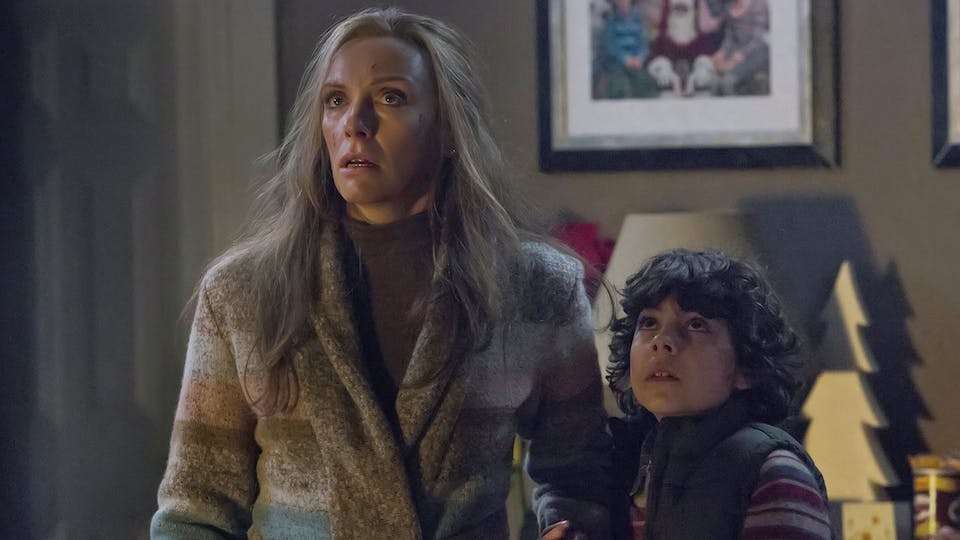
Amid the tension and dysfunction, young Max Engel (played by Emjay Anthony) loses hope in the magic of Christmas and tears up his letter to Santa Claus, inadvertently summoning the ancient figure of Krampus—a malevolent creature who punishes those who have lost their Christmas spirit. As a snowstorm isolates the family, they find themselves under siege by Krampus and his horde of sinister holiday creatures.
The Man Who Invented Christmas (2017)
In a world where holiday traditions are deeply ingrained in our culture, “The Man Who Invented Christmas” (2017) takes audiences on a captivating journey behind one of the most iconic Christmas stories of all time. Directed by Bharat Nalluri and based on a book by Les Standiford, this biographical drama explores the creation of Charles Dickens’ timeless tale, “A Christmas Carol.”
Set in 1843 London, the film follows the struggling yet prolific author Charles Dickens (played by Dan Stevens) as he grapples with financial difficulties and a string of literary failures. Faced with the daunting task of producing a successful novel within a short timeframe, Dickens embarks on a personal and creative journey.
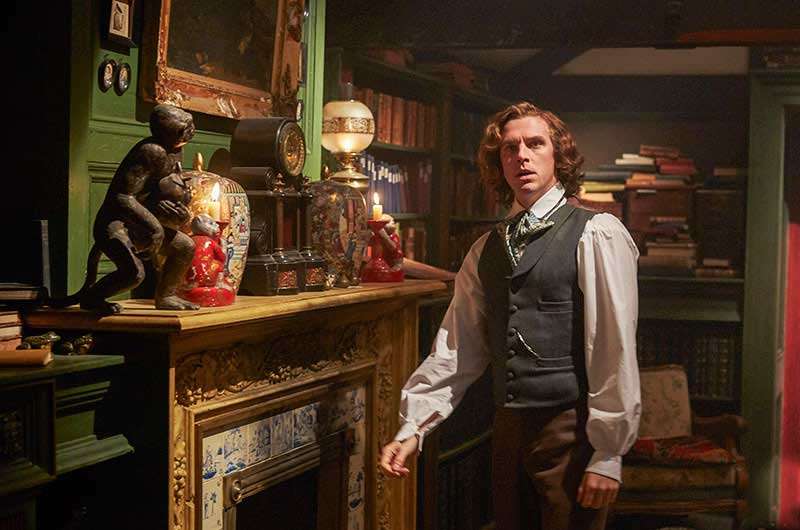
The movie delves into the writer’s imagination, taking viewers inside his mind as he interacts with the characters who would eventually populate “A Christmas Carol.” The interactions between Dickens and his fictional creations—particularly Ebenezer Scrooge (played by Christopher Plummer)—lend the film a touch of magical realism.
As Dickens navigates personal struggles and the pressures of time, he finds inspiration for his holiday tale and discovers the power of storytelling to change hearts and minds.
Last Christmas (2019)
“Last Christmas,” released in 2019, brought a fresh and heartwarming twist to the romantic comedy genre by setting its charming narrative against the backdrop of the festive holiday season. Directed by Paul Feig and inspired by the iconic song of the same name by George Michael and Wham!, the film captivated audiences with its blend of romance, humor, and holiday spirit.
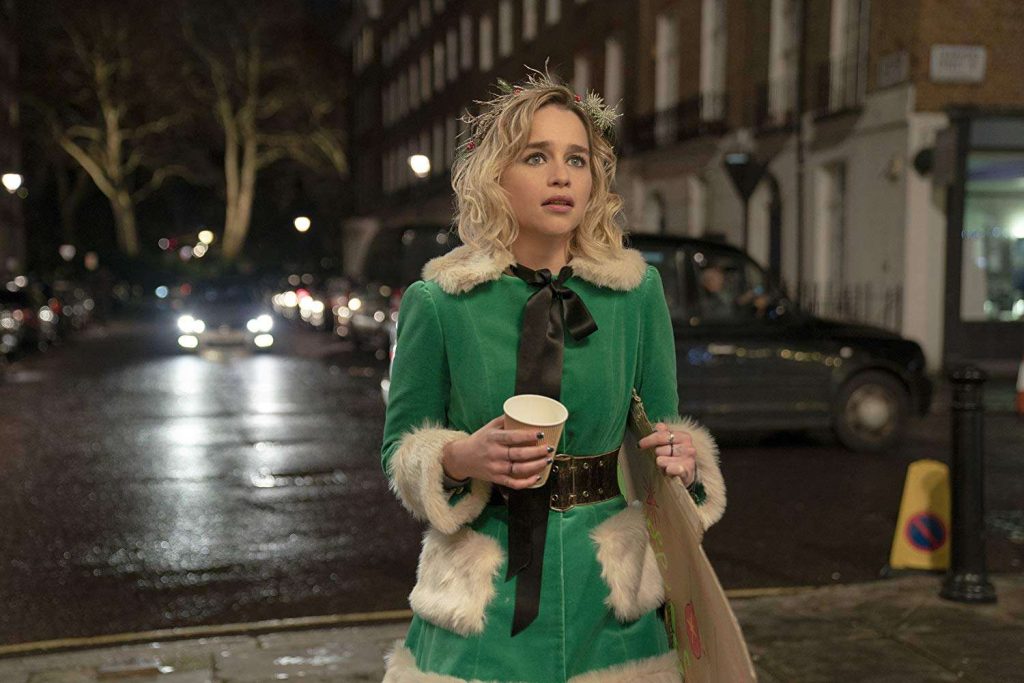
The film follows Kate (played by Emilia Clarke), a young woman who, after a life-threatening illness, finds herself working as an elf in a year-round Christmas shop in London. Kate, dealing with a series of poor life decisions, lacks direction and a sense of purpose. Her encounter with Tom (played by Henry Golding), a kind and mysterious man, leads to a series of unexpected events that challenge her outlook on life and love.
As the holiday season unfolds, Kate’s relationship with Tom helps her rediscover her love for life, her family, and the true meaning of the holiday season. “Last Christmas” weaves themes of redemption, second chances, and the transformative power of human connection.
Jingle Jangle: A Christmas Journey (2020)
In the world of holiday cinema, few films manage to capture the imagination and bring forth the spirit of the season as vibrantly as “Jingle Jangle: A Christmas Journey.” Released in 2020 and directed by David E. Talbert, this musical fantasy film weaves a tapestry of enchantment, innovation, and heartwarming storytelling that has made it an instant classic for audiences of all ages.
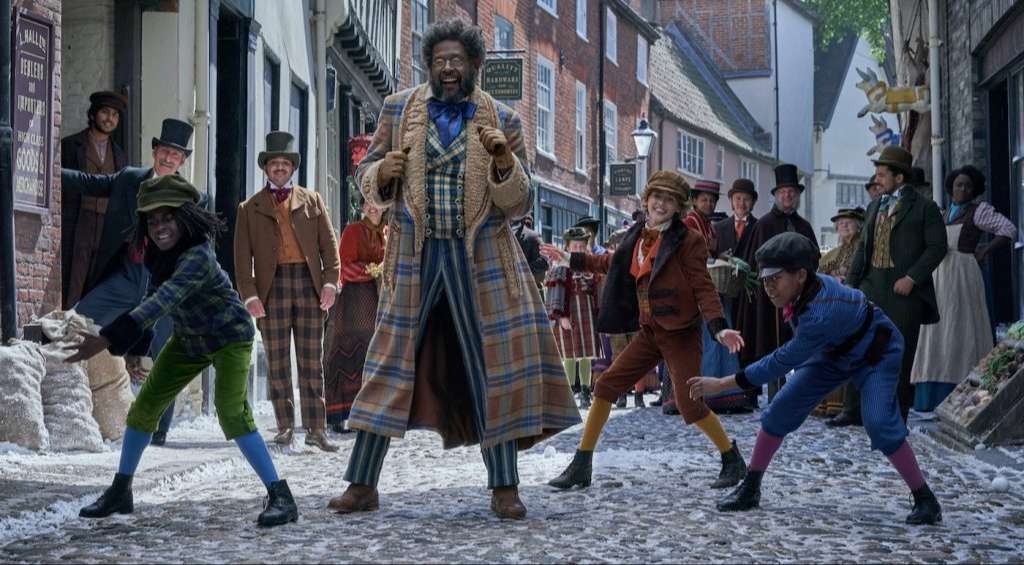
Set in the magical town of Cobbleton, “Jingle Jangle: A Christmas Journey” follows the journey of Jeronicus Jangle (played by Forest Whitaker), a once-celebrated inventor who has lost his spark after his most prized creation is stolen by his apprentice. Many years later, Jeronicus’ granddaughter Journey (played by Madalen Mills) arrives in Cobbleton, igniting a series of events that lead to the rediscovery of her grandfather’s talents and the restoration of his belief in the magic of invention.
Happiest Season (2020)
Released in 2020, “Happiest Season” is a modern romantic comedy that takes a unique and relevant approach to the traditional holiday film genre. Directed by Clea DuVall and starring Kristen Stewart and Mackenzie Davis, the movie delves into themes of love, family, identity, and acceptance against the backdrop of the holiday season.
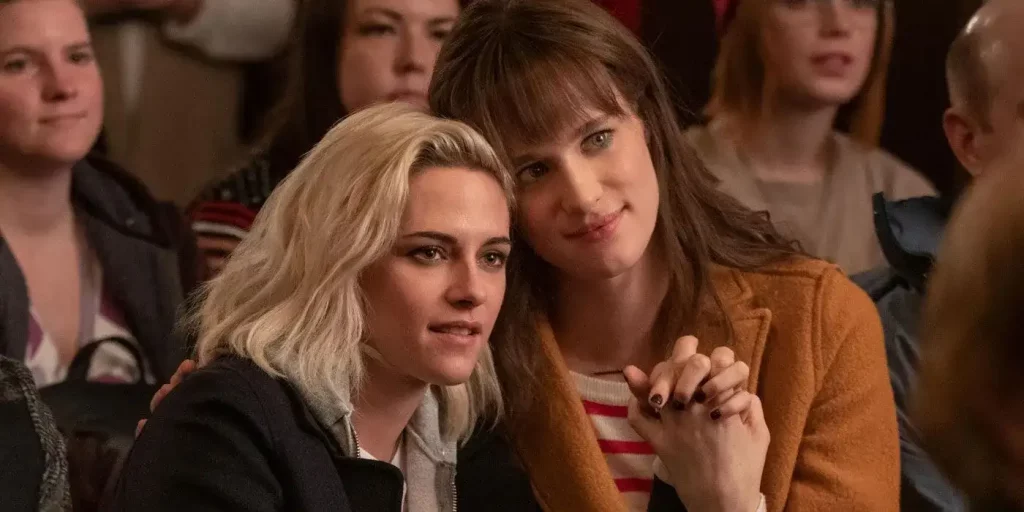
The story revolves around Abby (played by Kristen Stewart) and Harper (played by Mackenzie Davis), a couple deeply in love who plan to spend the Christmas holiday together with Harper’s family. However, there’s a catch: Harper hasn’t come out to her conservative parents as gay. As Abby navigates the unfamiliar territory of pretending to be Harper’s straight roommate, she discovers the complexities of Harper’s relationship with her family and the challenges of keeping a significant part of their identity hidden.
As the holiday festivities unfold, secrets are revealed, relationships are tested, and the characters learn valuable lessons about authenticity, love, and the power of acceptance.
Love Hard (2021)
Released in 2021, “Love Hard” offers a contemporary spin on the classic romantic comedy genre by intertwining modern dating practices with heartfelt emotions. Directed by Hernán Jiménez, this charming film explores the trials and tribulations of online dating, catfishing, and the unexpected connections that can blossom from virtual encounters.
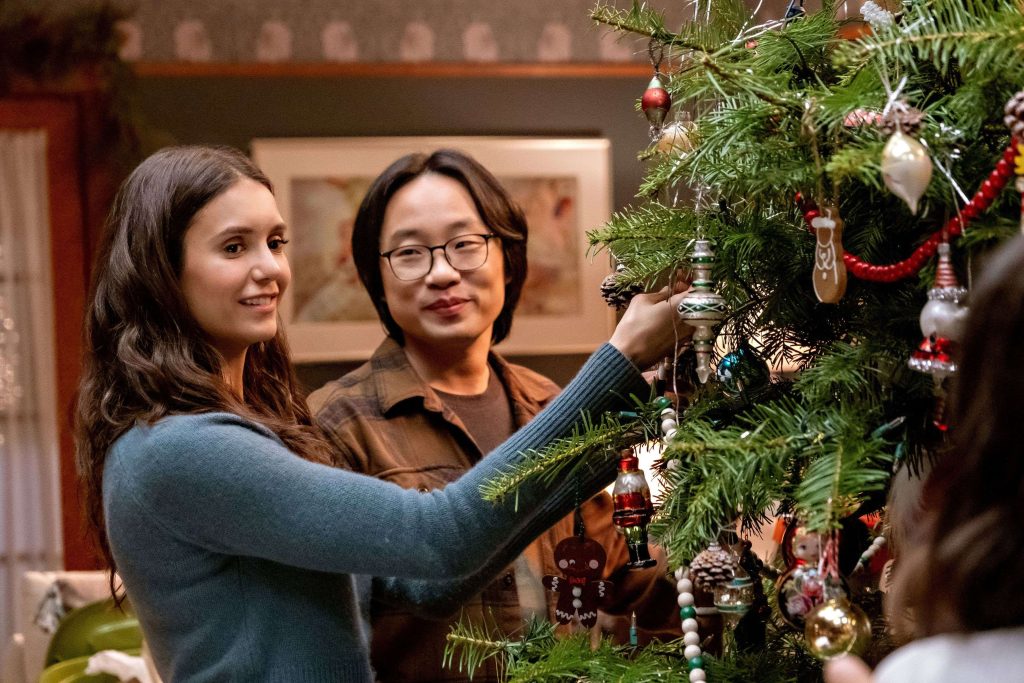
“Love Hard” follows the story of Natalie Bauer (played by Nina Dobrev), a young woman who decides to surprise her online boyfriend with a visit for the holidays. However, she discovers that he used someone else’s photos and persona to create his online profile. Determined to find love and make the most of her Christmas vacation, Natalie enlists the help of her online friend Josh Lin (played by Jimmy O. Yang) to create an elaborate plan to win over the real man behind the fake profile.
As the plan unfolds, Natalie and Josh find themselves forming a deep connection that goes beyond their digital interactions, leading to a romantic adventure filled with laughter, misunderstandings, and unexpected discoveries.
Why Older Christmas Movies Might Not Suit Modern Tastes
As much as classics like “It’s a Wonderful Life” and “Miracle on 34th Street” hold a special place in our hearts, the reasons behind their potential disconnect with contemporary viewers are worth exploring.
Pacing and Attention Span
In today’s fast-paced world, older films often feature slower pacing and longer scenes. Modern audiences, accustomed to quick cuts and dynamic storytelling, may find it challenging to engage with movies that take their time to develop characters and plotlines.
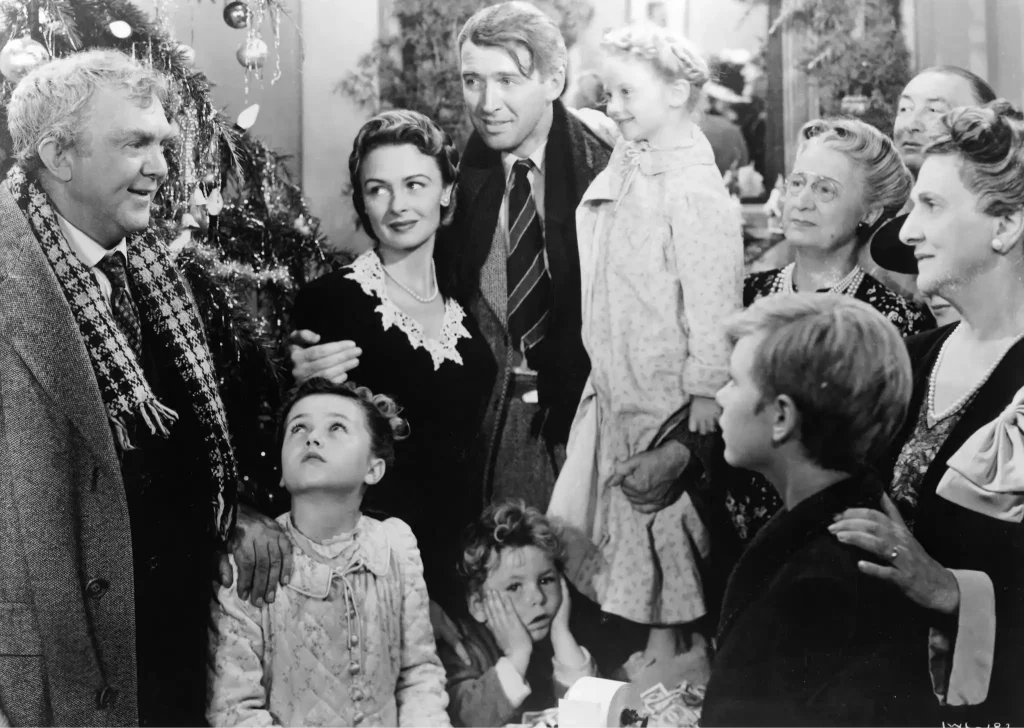
Social and Cultural Evolution
Societal values and norms have shifted over the years, and older films may contain elements that are no longer considered acceptable or respectful. This can range from gender roles and stereotypes to outdated humor that might be offensive to modern sensibilities.
Diversity and Inclusion
Older Christmas movies often lack diverse representation, reflecting the limited perspectives of their times. Modern audiences seek films that reflect the world’s diversity and address relevant social issues, making it harder for them to connect with movies that don’t align with these values.
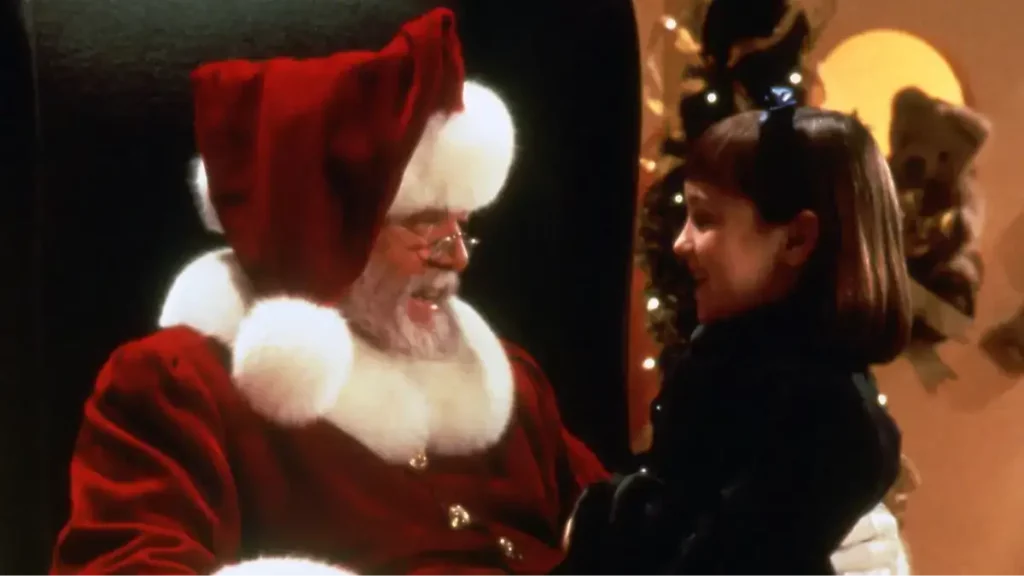
Technological Advancements
Advancements in filmmaking technology have led to higher production values, realistic CGI, and immersive experiences. Older films might appear visually outdated and fail to capture the attention of audiences accustomed to the stunning visuals of contemporary cinema.
Changing Storytelling Trends
Storytelling techniques have evolved, and modern audiences appreciate complex characters, layered narratives, and unexpected plot twists. Older films, while charming, might not meet these expectations and can feel predictable in comparison.
The Magic of Balancing Tradition and Modernity
The beauty of the holiday season lies in its ability to bring people together through shared experiences. While older Christmas movies might not fully resonate with today’s viewers, there’s value in embracing both tradition and modernity.
Contemporary Christmas movies, as highlighted in this article, capture the essence of the holiday while addressing the evolving preferences of modern audiences. These films incorporate diverse characters, innovative storytelling, and relevant themes, creating a connection that spans generations.
At the same time, the classics hold a cherished place in the hearts of many. Their timeless messages of love, kindness, and the spirit of giving remain as relevant today as they were when they were first released. Rather than disregarding older films, we can appreciate them as windows into the past, understanding the cultural context that shaped them and the enduring lessons they continue to offer.
Conclusion: Only watch good Christmas movies this Holiday!
As we navigate the holiday season, the cinematic landscape offers a range of Christmas movies that cater to modern tastes. Films from 2015 to 2021 have expertly combined tradition with innovation, creating stories that resonate with the diversity and complexity of today’s world. While older Christmas movies might not align with the preferences of present-day audiences, they remain a testament to the values and sentiments of their eras. By embracing both the classics and the contemporary offerings, we can celebrate the holiday season with a sense of unity, joy, and shared cinematic experiences.

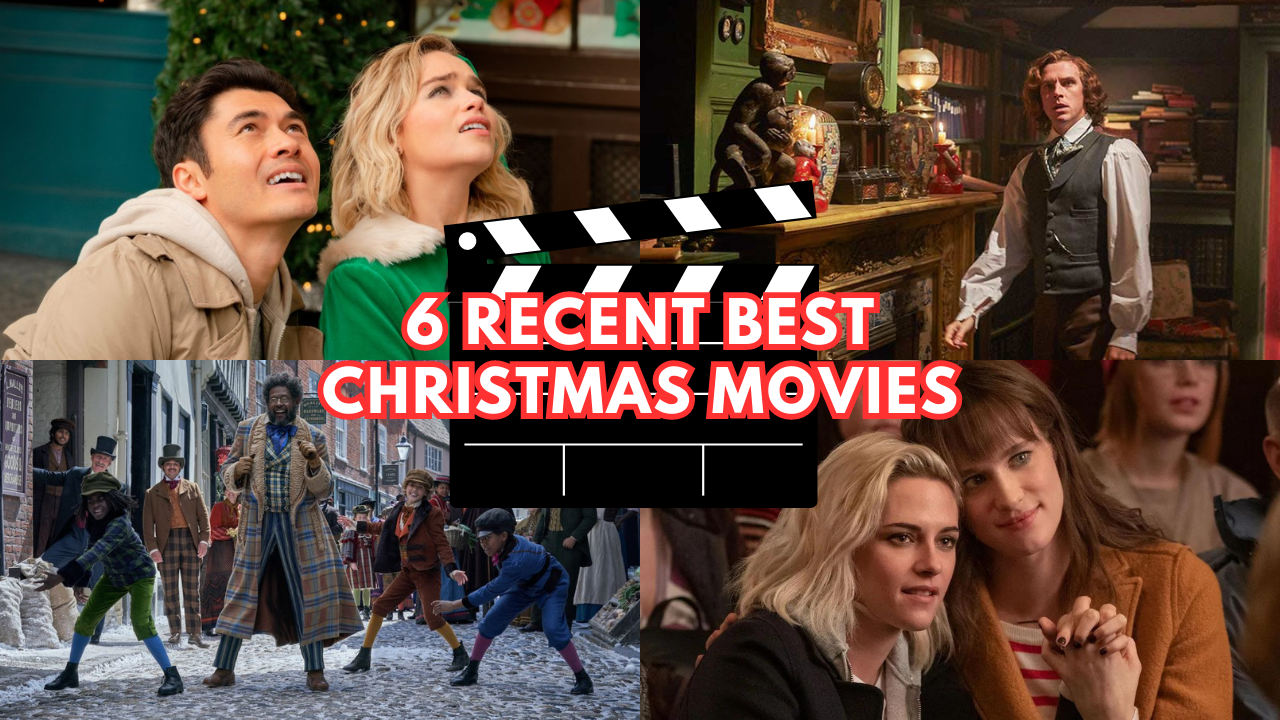







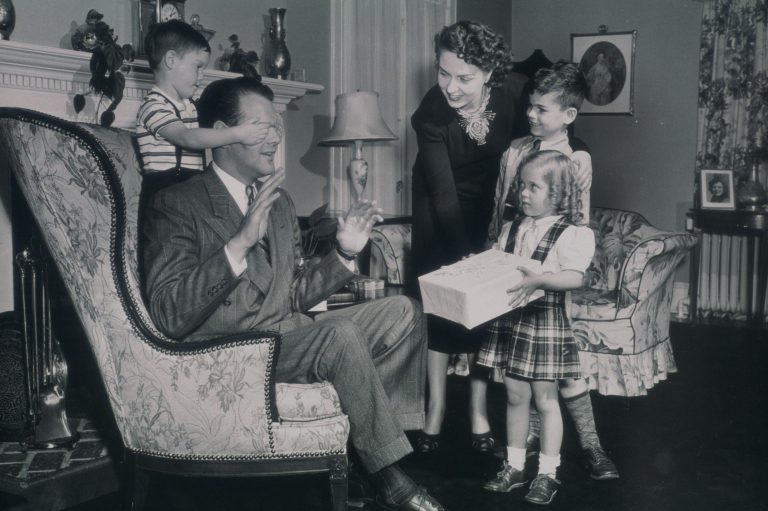


+ There are no comments
Add yours